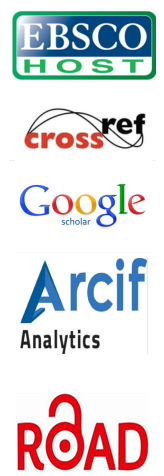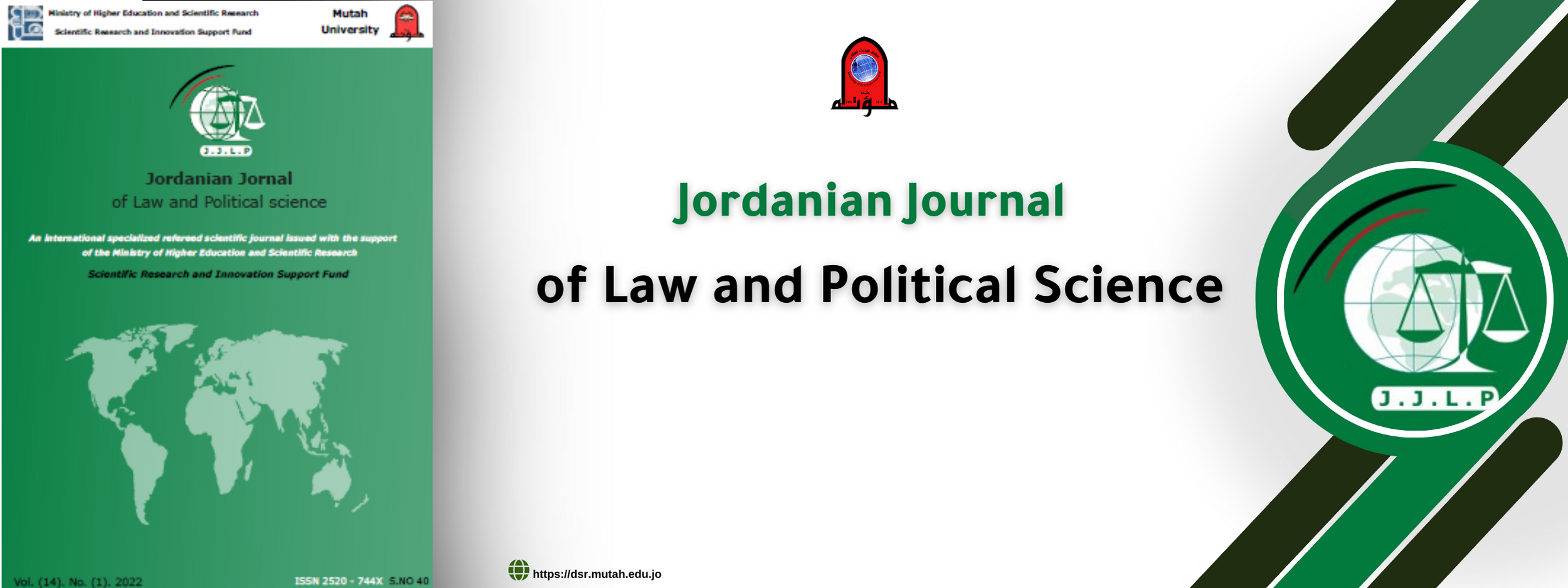L Tortious Liability Arising from the Use of Artificial Intelligence Means under International Conflict of Jurisdiction Rules
DOI:
https://doi.org/10.35682/jjlps.v17i4.961Keywords:
Artificial Intelligence, Tortious Liability, Legal Nature, International Judicial Jurisdiction, Artificial Intelligence Tool OperatorsAbstract
The subject of international jurisdiction aims to regulate liability in the context of disputes related to artificial intelligence in relationships tainted with a foreign element, leading to various relationships between the producer and supplier or the supplier and consumer, which may result in conflicts. This necessitates legal protection to obtain compensation for specific damages, especially if caused by artificial intelligence products. It seeks to identify the responsible party for the damage if the injured party succeeds in proving the elements of liability, ensuring compensation. This has raised several legal issues, particularly concerning the legal adaptation of artificial intelligence to regulate liability and thereby define the parameters of international jurisdiction. It also addresses the applicable law governing procedures in such disputes. The research adopts a descriptive-analytical comparative methodology, leading to findings and recommendations. Among these, a notable recommendation is the need for the Jordanian legislature to enact specific legislation regulating provisions related to artificial intelligence and establish a system for compulsory insurance against liability arising from damages caused by artificial intelligence programs.







